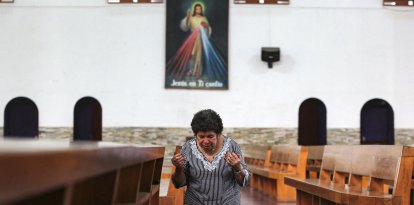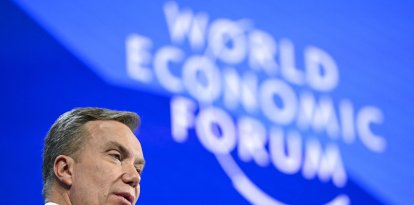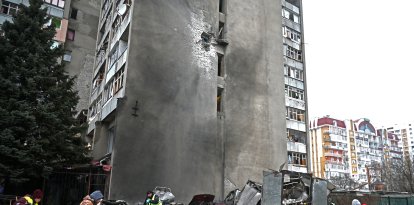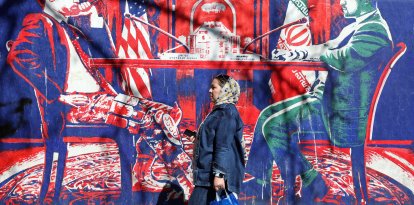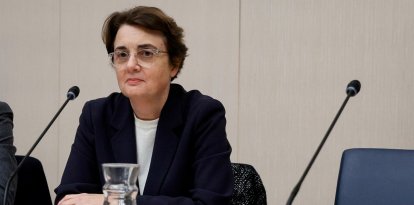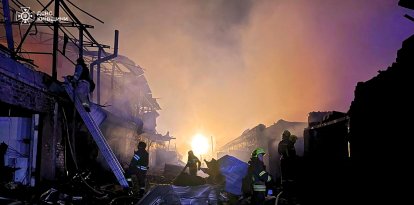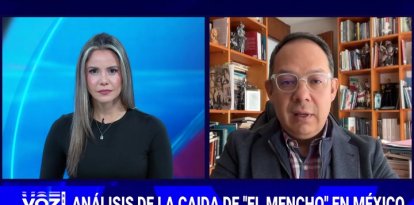Brazil, Japan and Germany band together at the G20 to push for UN Security Council reform that would limit the U.S.
The countries' foreign ministers showed their concern for the "inaction" of the organization in the face of the tumultuous international scenario posed by 2024.

Cordon Press
The foreign ministers of the G20 countries met in Rio de Janeiro as a prelude to this year's summit to be hosted by Brazil. Some countries, including the host country, took the opportunity to raise their voices about the "inaction" of the United Nations (UN) during the current international situation that is anything but calm with the war between Russia and Ukraine, the conflict in Israel and Hamas and the situation in Yemen with the Houthis.
The UN Security Council is currently composed of fifteen members, ten of which rotate, while the other five are permanent and have the right to veto resolutions: United States, Russia, China, France and United Kingdom. The veto of only one member is needed to reject any kind of action and the United States recently used it to prevent a resolution against Israel for its conflict in Gaza.
During this pre-summit meeting, the foreign ministers of Brazil, Japan and even Germany took advantage of the G20 microphone to propose a reform of the Security Council.
"Our multilateral institutions must not remain stuck in the last century"
Mauro Viera, host and Minister of Foreign Affairs in Brazil, assured that the current "state of inaction directly means the loss of innocent lives," so he commented on the need to change the structure of the supranational body that was born after World War II.
"The United Nations was established as the organization that should address peace and security issues. Given the context in which we live, this group (the G20) is perhaps today the most important international forum, where countries with opposing visions can still sit at the table and have fruitful conversations," he added.
Without explicitly mentioning the United States, he concluded by saying that it would be necessary to avoid the "rigid positions that have prevented progress in other forums, such as the United Nations Security Council".
His rhetoric was echoed by his German colleague, Annalena Baerbock, who said that the G20 should play a decisive role in reforming institutions such as the United Nations by blocking resolutions on the Middle East.
"If we want to face the complex challenges of the 21st century, our multilateral institutions must not remain stuck in the last century (...) I believe that the G20 can and should play a decisive role in this reform process," she said.
Japan was not far behind and also called for the modification of the Security Council to lighten the adoption of resolutions. Specifically, Yoko Kamikawa, Japan's Foreign Minister, spoke of the body having "appropriate" representation.
In turn, she used her time to condemn the Russian invasion of Ukraine and Hamas terrorist attacks and expressed concern about Israel's military operations in Rafah, a territory located south of Gaza and on the border with Egypt. She also mentioned the need for an immediate humanitarian ceasefire.














